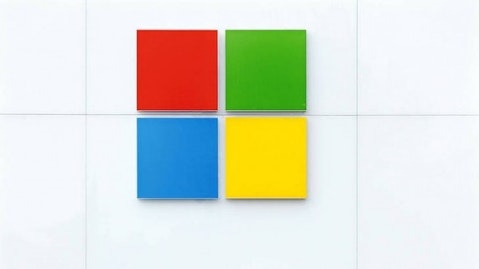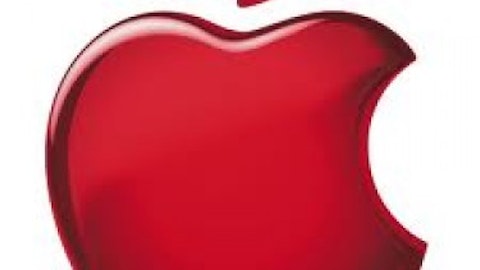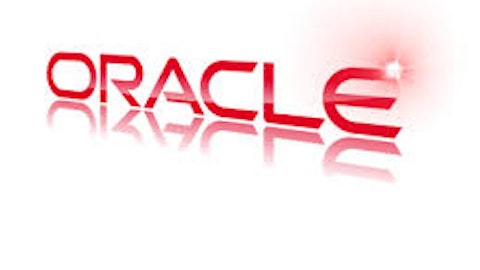According to multiple reports, advanced-stage merger talks between software giant Microsoft Corporation (NASDAQ:MSFT) and hardware maker Nokia Corporation (ADR) (NYSE:NOK) broke down at some point during the third week of June. Since both companies had done a good job of preventing leaks, many market-watchers had been unaware that these talks were even occurring. Although it is entirely possible that they will restart at some point in the future, sources within Microsoft and Nokia have indicated that this appears to be unlikely at the moment.
It seems that the two parties simply could not agree to a fair price for Nokia Corporation (ADR) (NYSE:NOK)’s assets. Since Microsoft Corporation (NASDAQ:MSFT) had primarily been interested in Nokia’s smartphone manufacturing business, it may have wanted to avoid taking responsibility for the company’s “dead weight” divisions. On the other hand, Nokia Corporation (ADR) (NYSE:NOK)’s management team probably did not want to be left with a more or less useless shell of a company after the transaction. Investors who have any interest in either of these companies should take a moment to learn more about this potential deal.
Nokia, Microsoft and the Competition
Nokia Corporation (ADR) (NYSE:NOK) and Microsoft Corporation (NASDAQ:MSFT) are somewhat interdependent, but they also have some widely divergent businesses. Nokia generally focuses on making hardware for various advanced computing and communications systems. Microsoft is a highly diversified company that makes software, computing devices and other high-tech equipment for consumers and businesses. In some fashion, both companies compete with Apple Inc. (NASDAQ:AAPL) .
Apple’s outsized valuation makes both of its competitors look small by comparison. At last check, the company had an eye-popping market capitalization of about $377 billion. Of course, this is down significantly from the lofty heights of early 2012. Only the patient investor is still holding Apple Inc. (NASDAQ:AAPL) for the long term. By contrast, Microsoft Corporation (NASDAQ:MSFT) has a market capitalization of $282 billion, and Nokia Corporation (ADR) (NYSE:NOK) has a far smaller valuation in the neighborhood of $13.5 billion. In 2012, Apple earned nearly $40 billion on gross revenues of about $169 billion. Microsoft posted a profit of $16.4 billion on total revenues of $76 billion. For its part, Nokia struggled with a $3.2 billion loss on a total take of $37.1 billion.
Nokia Corporation (ADR) (NYSE:NOK)’s saving graces are its ample cash hoard and cheap valuation. The company has just $7.3 billion in debt and a cash reserve of over $13.5 billion. Its price-to-book ratio is also a fair 1.4. Meanwhile, Microsoft Corporation (NASDAQ:MSFT) has nearly $15 billion in debt and a massive cash reserve of over $76 billion. Its price-to-book ratio sits near 3.7. Apple is legendary for having a strong balance sheet: The company has no long-term debt and nearly $40 billion in cash on hand. After its stock lost nearly half of its value, its price-to-book ratio fell to a comfortable 2.8.
Hush-Hush Negotiations
Under normal circumstances, a potential deal between Microsoft and Nokia would probably have received more attention in the financial press. Thanks to tight secrecy protocols, very little news on the subject had leaked out before the surprise announcement that the talks had fallen through. Since Microsoft Corporation (NASDAQ:MSFT) and Nokia Corporation (ADR) (NYSE:NOK) have an ongoing technology-sharing and product-development partnership, it makes sense that the firms were able to keep the talks under wraps: The firms’ senior executives regularly meet and communicate, and such interactions rarely attract the attention that they deserve.






